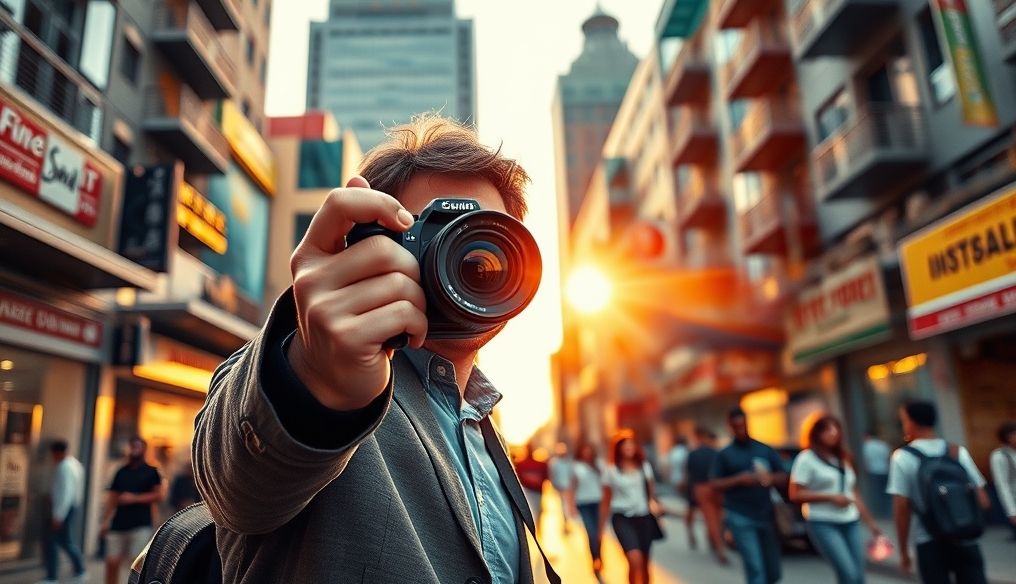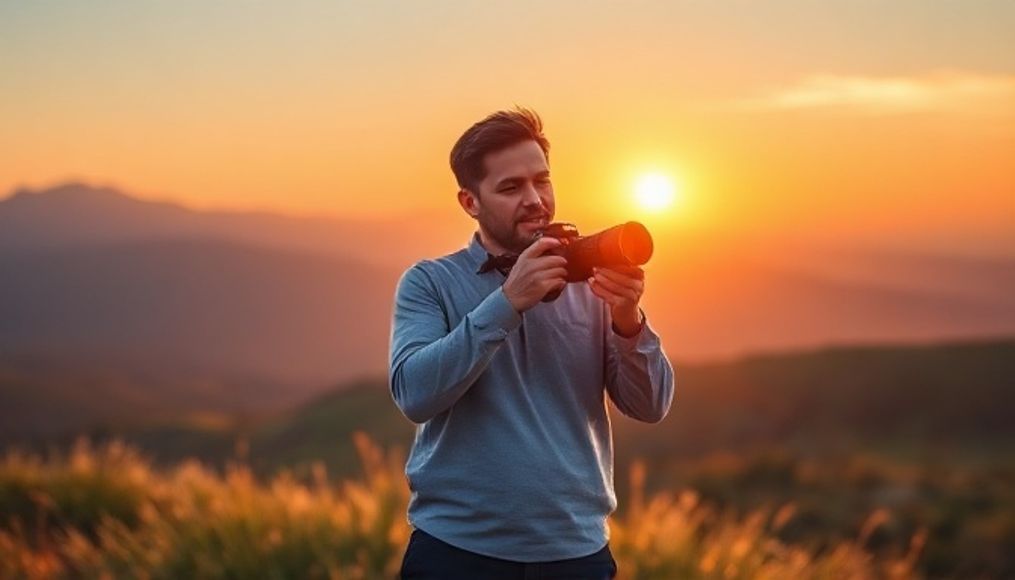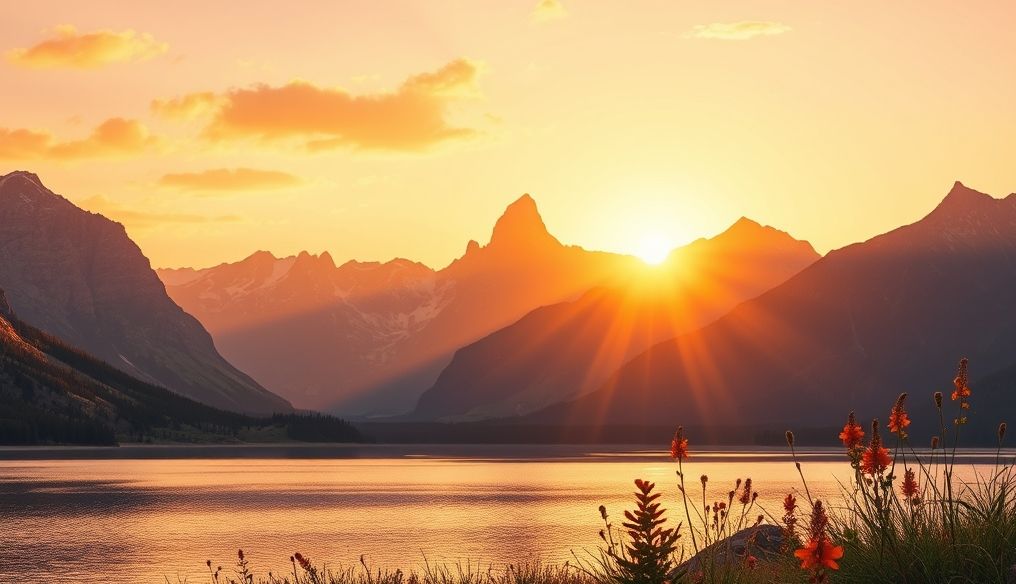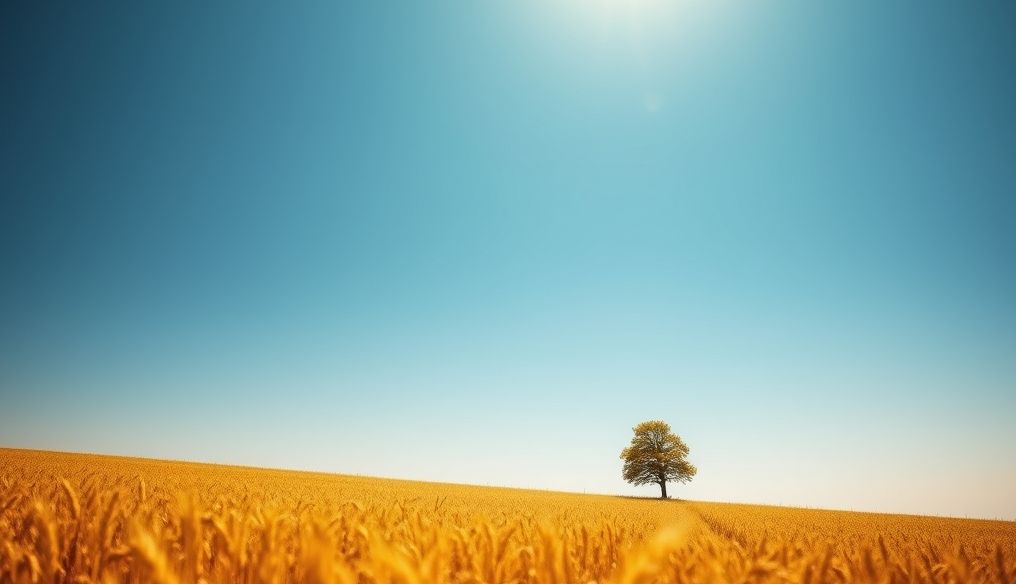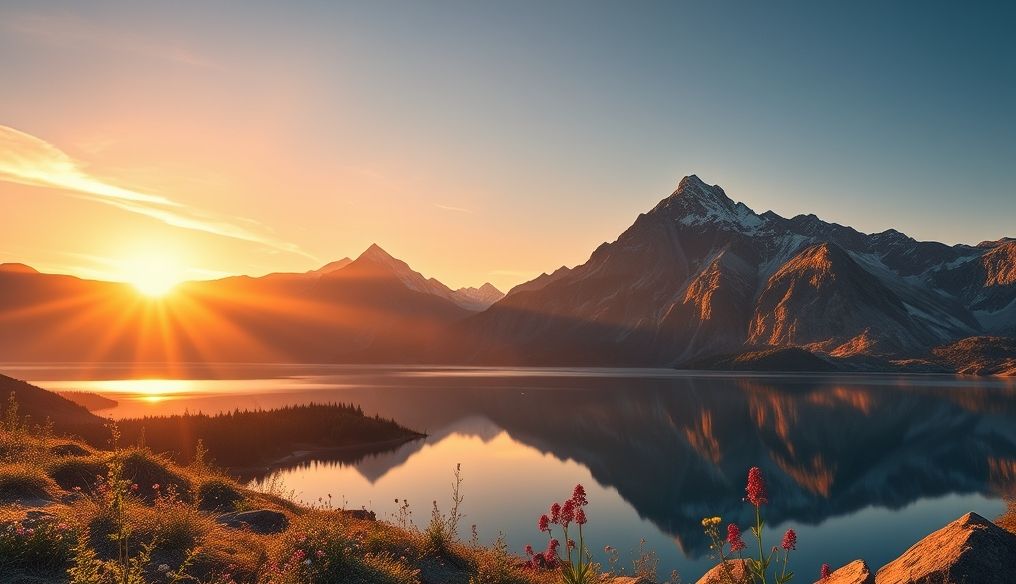Do You Need an Expensive Camera to Be a Good Photographer?
Photography is both an art and a science, and a crucial question often arises: Is an expensive camera a prerequisite for being a good photographer? The answer, as with many aspects of life, isn't a simple yes or no. Let's delve into this topic and explore the various aspects that define a good photographer.
1. Photography Basics: What You Need to Know
Before addressing the issue of expensive cameras, it's essential to understand the fundamentals of photography. These include:
- Aperture: Controls the amount of light entering the camera and affects the depth of field.
- Shutter Speed: Determines how long the camera's sensor is exposed to light and affects motion blur in the image.
- ISO: Determines the camera sensor's sensitivity to light and affects the amount of noise in the image.
- Composition: The arrangement of elements within the frame to create an attractive and balanced image. Includes rules like the rule of thirds and leading lines.
Mastering these basics is the first step toward capturing good photos, regardless of the type of camera you use.
2. The Role of the Camera in Photography
The camera is the tool you use to capture images, but it's not everything. A good camera can facilitate the photography process and provide advanced features, but it doesn't guarantee stunning photos. Think of the camera as a brush for a painter; a good brush can help the painter, but it doesn't make them a great artist.
3. What Do Expensive Cameras Offer?
Expensive cameras often offer the following features:
- Larger Sensors: Allow for capturing more light, resulting in higher quality images, especially in low-light conditions.
- Better Lenses: Provide better sharpness and clarity, as well as a wide range of focal lengths.
- Wider Dynamic Range: Allows for capturing more detail in the bright and dark areas of the image.
- Better Image Processing: Produces more accurate and less noisy images.
- Advanced Features: Such as fast and accurate autofocus, high-speed continuous shooting, and high-resolution video.
These features can be very useful for professional photographers or enthusiastic amateurs who want the best possible quality.
4. Can You Get Good Photos with a Less Expensive Camera?
Absolutely yes! With technological advancements, the cameras in smartphones, affordable DSLRs, and Mirrorless cameras are capable of producing high-quality images. The secret lies in understanding how to use the camera you have correctly and mastering the basics of photography.
Tips for getting good photos with a less expensive camera:
- Know Your Camera: Read the user manual and practice using all the features and settings.
- Use Natural Light: Natural light is a photographer's best friend. Avoid shooting in direct sunlight and take advantage of the golden hours (an hour after sunrise and an hour before sunset).
- Focus on Composition: Use composition rules to create attractive images.
- Edit Your Photos: Use photo editing software to improve colors, contrast, and sharpness.
- Practice Constantly: The more you practice, the better you become at photography.
5. The Importance of Skill and Creativity
Skill and creativity are the two most important elements in photography. A skilled photographer can capture stunning photos even with a simple camera, while an unskilled photographer won't be able to get good photos even with the most expensive camera. Creativity allows you to see the world in a new and different way, transforming ordinary moments into extraordinary images.
How to develop your skills and creativity in photography:
- Study the works of other photographers: Learn from their styles and techniques.
- Try new things: Don't be afraid to experiment with different viewpoints and camera settings.
- Attend workshops and training courses: Learn from experts and acquire new skills.
- Join photography clubs: Share your experiences with others and learn from them.
- Be patient: It takes time and effort to develop your skills and creativity in photography.
6. The Impact of the Lens on Image Quality
The lens is one of the most important factors affecting image quality. A good lens can make a big difference in sharpness, clarity, contrast, and distortion. Expensive lenses are often made of high-quality materials and complex designs, allowing them to produce better images.
Different types of lenses:
- Wide-angle lenses: Used to capture wide landscapes or group photos.
- Standard lenses: Used for general photography.
- Telephoto lenses: Used to photograph distant subjects.
- Macro lenses: Used to photograph small subjects up close.
- Fast lenses (e.g., f/1.8 or f/2.8): Allow for capturing more light and produce a blurred background (bokeh).
7. Lighting: The Key to a Great Photo
Lighting is the most important element in photography. Good light can turn an ordinary photo into a great one, while bad light can ruin even the best photos. Understanding how light works and how to use it is essential for any photographer.
Different types of lighting:
- Natural Light: Sunlight is the best source of light, but it should be used with caution.
- Artificial Light: Flashes and lamps can be used to create specific lighting.
- Front Lighting: Illuminates the subject from the front and creates a flat image.
- Side Lighting: Illuminates the subject from the side and creates shadows and highlights the features.
- Backlighting: Illuminates the subject from behind and creates a silhouette.
8. Editing: The Finishing Touch
Photo editing is an important part of the photography process. Photo editing software can be used to improve colors, contrast, sharpness, and remove imperfections. However, editing should be used sparingly; the goal is to enhance the image, not drastically change it.
Popular photo editing software:
- Adobe Photoshop
- Adobe Lightroom
- GIMP (Free Software)
- Snapseed (Smartphone App)
9. Real-World Examples: Successful Photographers and Their Cameras
There are many successful photographers who started with simple cameras and were able to achieve success thanks to their skills and creativity. For example, photographer "Brandon Woelfel," known for his impactful documentary photos, started with a used and inexpensive DSLR. Stories like these emphasize that passion and continuous practice are the keys to success.
10. Conclusion: The Camera Isn't Everything
In the end, an expensive camera is not a guarantee of being a good photographer. Skill, creativity, and a deep understanding of the basics of photography are the most important. Invest your time in learning these basics and developing your skills, and you will be able to capture stunning photos regardless of the type of camera you use. Remember that the best camera is the one you have and know how to use correctly.
Photography is a continuous journey of learning and development. Enjoy the process and don't be afraid to make mistakes.
